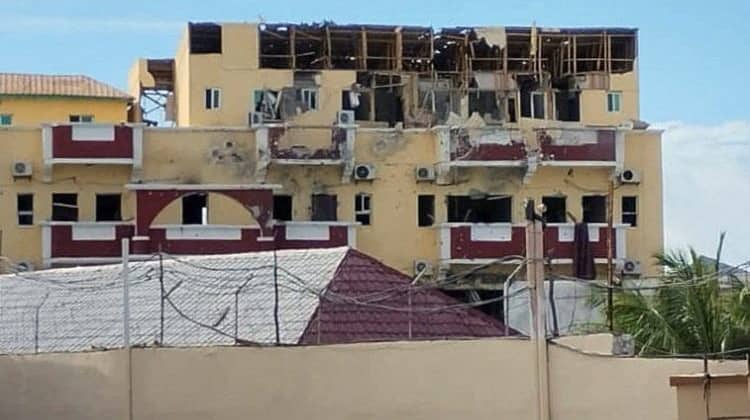Claudia Luna Palencia
Journalist
Last June, at the G7 meeting in Germany, Joe Biden was very clear in warning the leaders present that China is becoming a major investor not only in Asia, but also in Africa and Latin America. At the current pace, the Asian giant will end up displacing European and North American capital from the interest of developing countries.
At the summit, the US president managed to secure the commitment of France, the United Kingdom, Canada, Japan, Germany, Italy and the European Union (EU) to join forces to create a 600 billion dollar fund for sustainable infrastructure in developing countries.
The intention is to play one-on-one with China with its New Silk Road, which is investing left and right, building essential works in countries that have traditionally been punished in this area.
Since 2013, the president of China, Xi Jinping, has presented his government’s great project, “One Road, One Belt”, with the intention of linking Asia with Europe by structuring a series of infrastructure by land and sea and also building airports to enable its goods to reach all parts of the world in less time and at a lower cost. Creating an extensive network like a voracious kraken spreading its enormous tentacles.
As part of this initiative promoted by Biden, in order not to be overshadowed by the Chinese advance, the EU is preparing to reconquer Latin America: a project of the European External Action Service (EEAS) is promoting an investment plan for 8 billion euros to be allocated to the region.
China is already well ahead of them in terms of investment, but also in terms of diplomatic rapprochement. None of the Latin American countries can reproach China for a subjugating historical past at a time when almost half of the countries in Latin America and the Caribbean have left-wing governments, some leaning more towards socialism and others towards a more moderate progressivism. But no one can hide the fact that there is an anti-Spanish and anti-European sentiment encouraged by the rulers themselves, to fuel a conflict of the past, but whose aggravation brought to the present serves to distract the people.
In Latin America, China is not seen with colonialist eyes. A few months ago, the Spanish president himself, Pedro Sánchez, expressed his interest in resuming an EU summit with Latin America, which could possibly take place during the rotating presidency of the Council of the European Union in the second half of 2023.
No EU-LAC regional summit has taken place since 2015. There is a disconnection of realities: while Europeans have focused on economic recovery, Chinese capital has been flowing persistently into Latin America.
Somehow the coronavirus pandemic has consolidated ties with the more transparent region, as the writer Carlos Fuentes called LA, because Chinese vaccines have arrived promptly from Mexico to Central and South America. The same situation has occurred with the Russian vaccine Sputnik V, which has allowed the Russians to strengthen their friendship with many Latin American governments.
On the subject
In recent years in Latin America, tenders traditionally won by the Americans, Spaniards, French, Germans and other European countries are being taken over by Chinese capital. This is a reality.
“Between 2015 and 2020, private companies and Chinese parastatals invested around 74.85 billion dollars in Latin American countries. And investments in Chile, Colombia and Mexico are on the rise,” according to the China Foreign Direct Investment outflows monitor.
While for decades the Canadian company Bombardier and the Spanish company Construcción y Auxiliar de Ferrocarriles (CAF) have traditionally participated in the construction of Mexico’s Metro with a series of supplies, including trains, under President Andrés Manuel López Obrador it is the Chinese who have won the agreements in this area: the renovation of Line 1 of the Mexico City Metro will be in the hands of the company CRRC Zhuzhou Locomotive with an order for 29 trains.
There is an affinity and sympathy for China also professed by various leaders who see the United States as an imperialist ogre and have felt slighted by Spain.
The current political winds in LA do not entirely favour the EU’s intention of economic reconquest, which is also being played out within a mosaic of countries with a series of serious internal problems, from the absence of consolidated leadership to serious problems of insecurity.
Many of them have not even wanted to support Ukraine against the invasion of Russian troops; they do not agree with the position of either Washington or Brussels. Last July, Mercosur refused to allow Ukrainian President Volodymir Zelensky to speak on the invasion and ask for its support. It may be that the EU has the rhythm of the hands of the clock against it.
© Atalayar / All rights reserved






